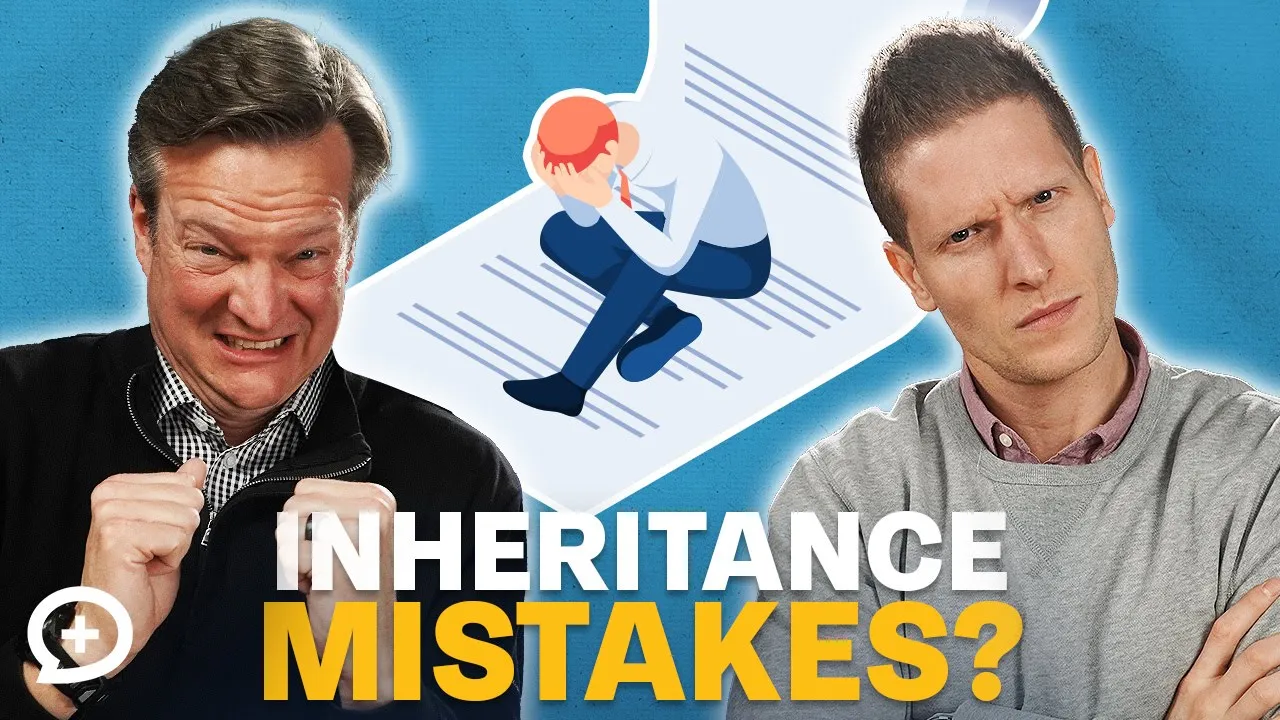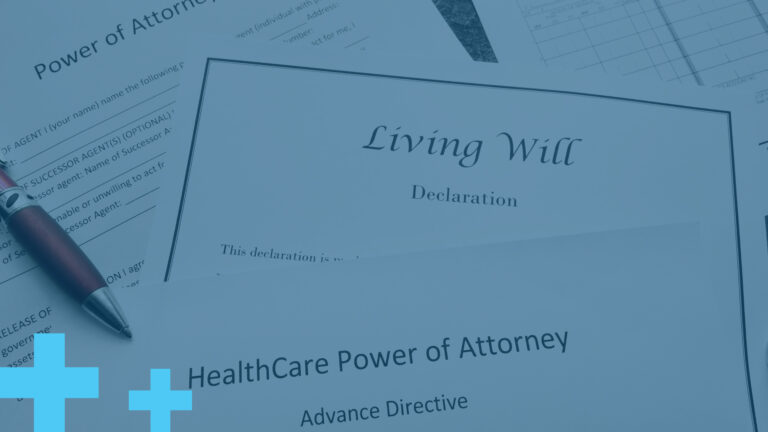There’s not a great way to say it: estate planning requires you to think about what happens when you die. That’s not a pleasant thing to think about for most of us, which may be why 67% of Americans have no estate plan. Before we get started, I want to emphasize that there is no wrong time to think about estate planning. As you get older it becomes more imperative, but life is unpredictable and there’s no such thing as estate planning too early in life (just make sure you update it regularly, especially with major life changes and events).
Unless you really want to leave a mess for your heirs when you die (maybe you do, in which case you can close the article), there are some potentially catastrophic estate planning mistakes you will want to avoid to make things much easier for your family in what will already be a stressful and emotional time.
1. Wrong beneficiary on accounts
Did you intend to leave the entirety of your 401(k) to your ex-husband? Didn’t think so! But that’s what can happen if you don’t regularly check and update beneficiaries on bank accounts, retirement accounts, life insurance policies, trusts, and other assets. Assets with beneficiary designations typically pass outside of the probate process, which means even if you update your will and other estate planning documents, assets with beneficiaries may not reflect your current wishes. It’s a good idea to regularly log in to your accounts and check who the beneficiaries are and update as necessary. You may never need to change beneficiaries, which is great, but it’s always better to be safe than sorry.
2. Giving assets away before you die
There is absolutely nothing wrong with being generous while living and giving assets to your heirs, but in some cases giving assets away before you die can be a huge mistake. Investments, real estate, and other property can receive what is called a step-up in basis at death.
Let’s say a nice couple, Bobby and Bobbina, want to give their favorite son Bobbo their treasured family vacation home. Bobby and Bobbina bought the home for $10,000 and a silver dollar in 1958, but now the home is worth almost $3 million. If they gave Bobbo the home while they are living, their basis of $10,001 carries over to Bobbo. That means if or when Bobbo sells the home, he will owe taxes on the entire sale price over $10,001 (minus any exemptions if the home becomes his primary residence).
If Bobby and Bobbina instead leave the vacation home to Bobbo in their will, he will receive a step-up in basis when he inherits the home. That means if or when Bobbo sells the home, he would only owe taxes on the amount the home has appreciated in value since he inherited it. The difference between giving assets away before you die or after you die may seem small, but it can have huge tax consequences for your heirs.
3. Not having any or enough life insurance
A large number of Americans don’t even have health insurance, much less life insurance. Not everyone needs life insurance, but if others are financially dependent on you to live, chances are you should consider your need for life insurance. A need for life insurance often exists when your assets aren’t large enough to cover your debts (like a mortgage). Life insurance can also be used to replace your income if you are worried about taking care of your family financially if something were to happen to you. If you are older and have done a great job investing for retirement, you may be able to self-insure. This means you have enough assets to pay off your debts if you were to die and your family would be taken care of. There are many different types of life insurance available, but we believe term life insurance is the best and most cost-effective solution in most situations.
4. Not having estate planning documents
Wills typically don’t cost a lot of money, and if you don’t have children or many assets, a simple will may do the job. If your estate is more complex, it would be smart to use an estate attorney to prepare your will. Dying intestate, or without a will, means the laws of your state will decide how your property is distributed upon your death. This might not be a huge deal if you don’t leave behind anything worth fighting over, but the more assets and potential heirs you have, the greater the need for a will.
Wills aren’t the only way to express your wishes when you are no longer able to do so. An advance healthcare directive gives instructions for your medical care if you are no longer able to make your own decisions. There are several different types of power of attorney that can be used to allow a person or organization to manage certain affairs on your behalf. There is medical power of attorney, financial power of attorney, and durable, limited, or springing power of attorney. Like the names suggest, a power of attorney can handle your estate, financial, and even medical decisions.
5. Worrying (or not worrying) about estate taxes
Not worrying about estate taxes can be a catastrophic mistake, but I would argue that for most people, at least with the current federal estate tax exemption, worrying about federal estate taxes is a much more common mistake. The current federal estate tax exemption is $13.99 million, or $27.98 million for married couples, which means you must have a very substantial amount in assets to be impacted by federal estate taxes. If you think you will or could be impacted by federal estate taxes, consider reaching out to a fee-only financial advisor to develop a plan for minimizing or eliminating the impact of estate tax.
Some aspects of managing your financial life can be pretty tolerable and even enjoyable. My wife enjoys managing our household budget and I really like contributing money to our retirement accounts and watching them grow. Unfortunately, I can confidently say that estate planning is rarely enjoyable and, at its best, somewhat tolerable. However, it is a vital part of planning for your financial future, and something that must be taken seriously and considered a priority.














